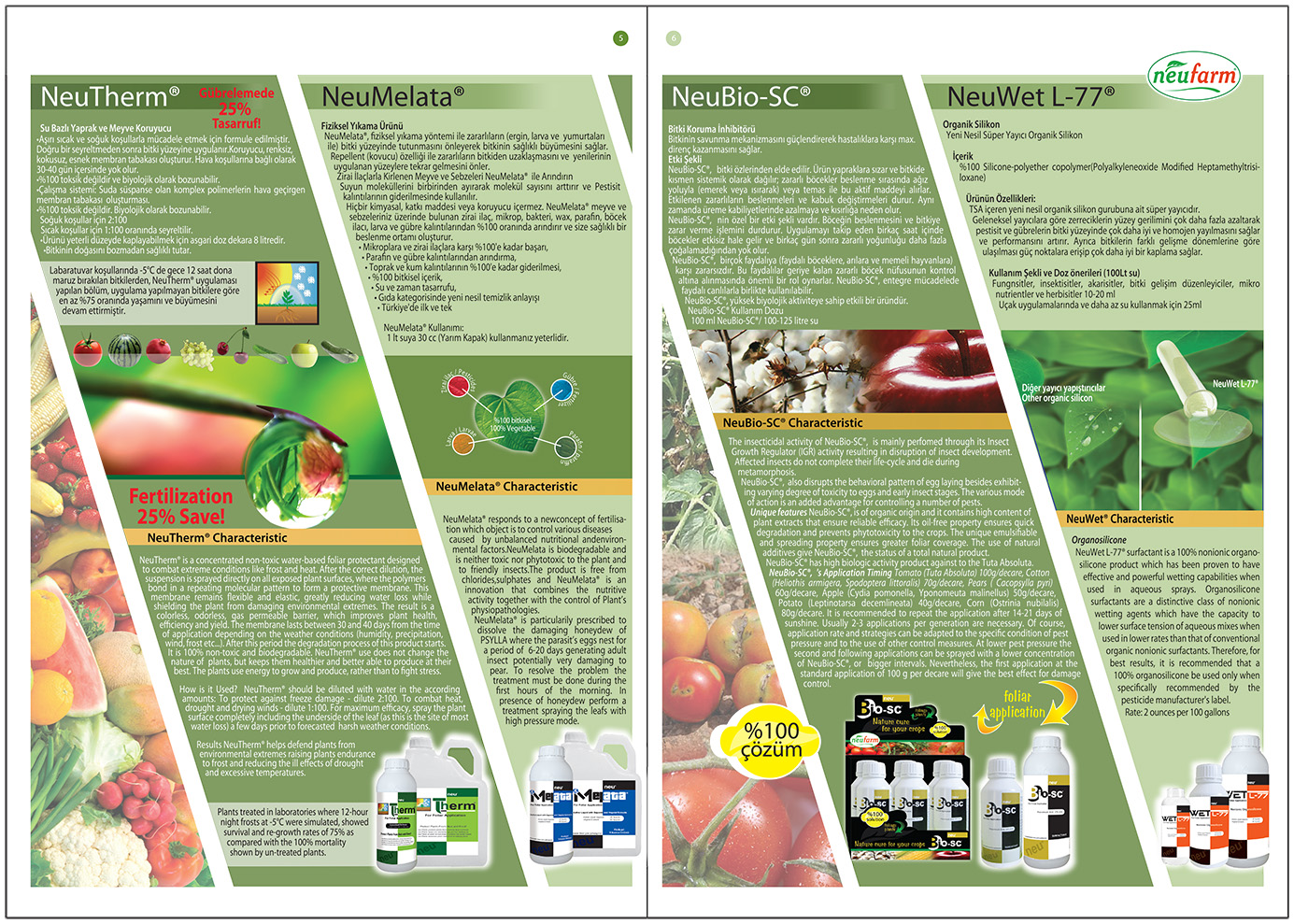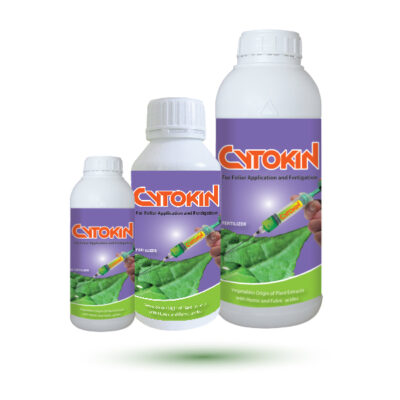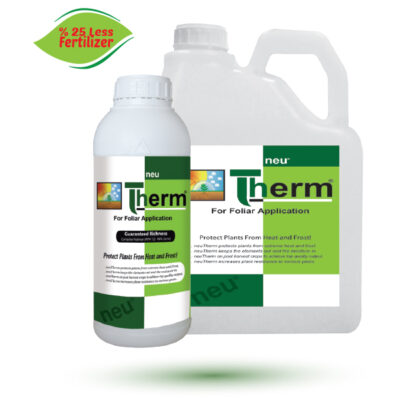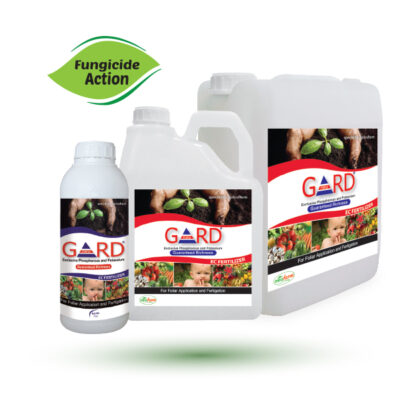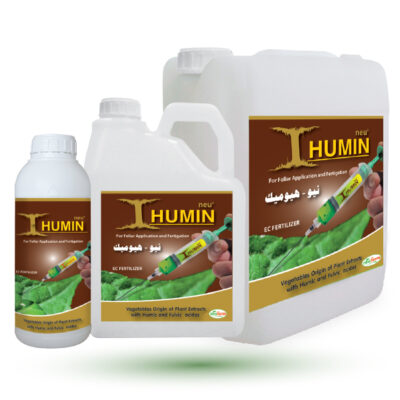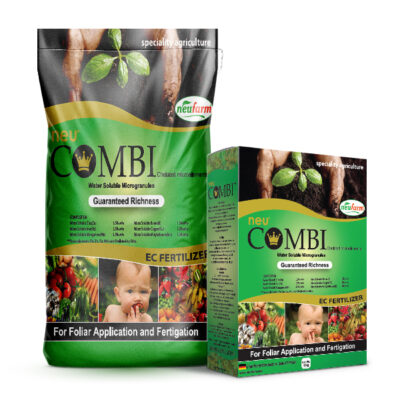Description
Why you should use non-ionic organic surfactants?
Non-ionic organic surfactants are compounds that are commonly used in agriculture to improve the effectiveness of pesticides, herbicides, and other chemicals. These surfactants can also have a beneficial impact on plant growth during periods of drought.
During a drought, water scarcity can limit a plant’s ability to absorb nutrients and water from the soil. This can result in stunted growth, wilted leaves, and in some cases, plant death. However, non-ionic organic surfactants can help mitigate the effects of drought by increasing the penetration and distribution of water in the soil.
Non-ionic surfactants work by reducing the surface tension of water, allowing it to more easily penetrate into the soil and reach plant roots. This improved water availability can help plants better absorb the nutrients they need to grow and develop, even in drought conditions. Additionally, surfactants can help reduce water loss through evaporation by forming a thin film on the surface of leaves, which can help retain moisture in the plant tissue.
It’s worth noting that not all surfactants are effective in drought conditions, and the effectiveness of a specific surfactant will depend on a variety of factors, including soil type, plant species, and the severity of the drought. However, non-ionic organic surfactants have shown promise in improving plant growth during periods of water scarcity, and may be a useful tool for farmers and gardeners looking to mitigate the effects of drought on their crops.

